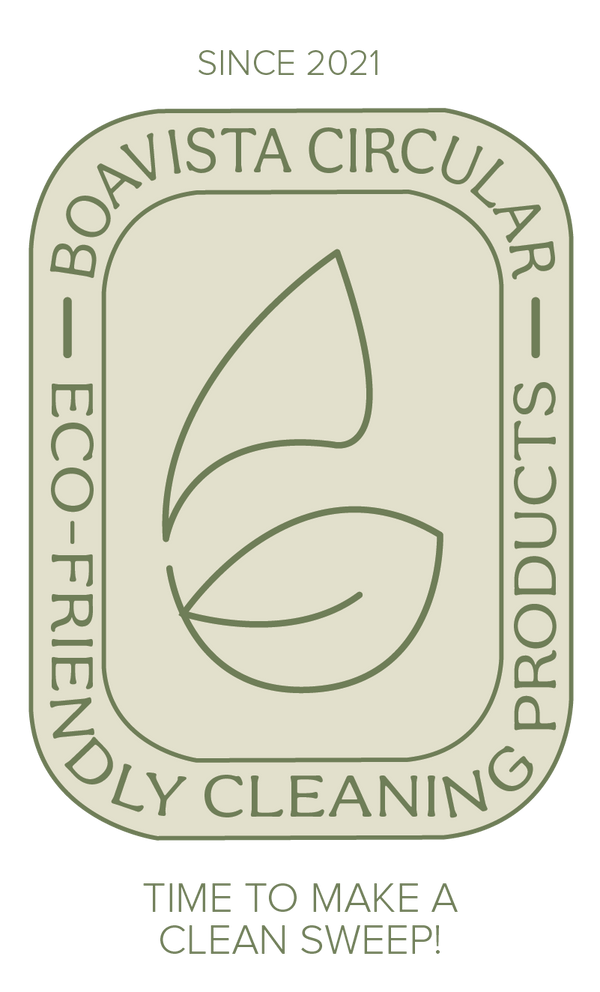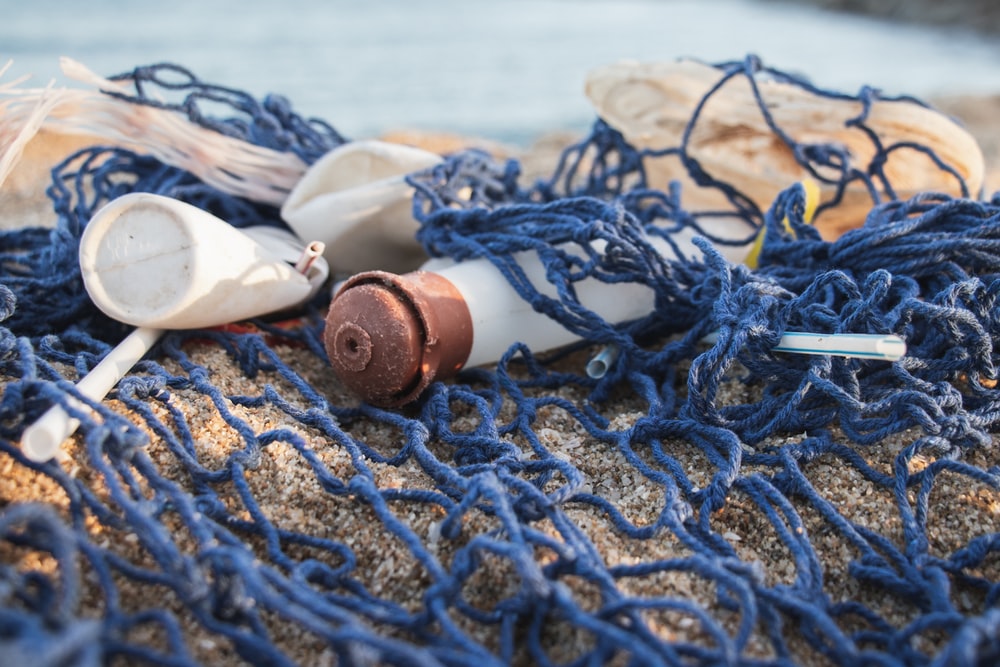
Fishing gear, abandoned and lost at sea, makes up most of the plastic pollution in some parts of the world's oceans and seas, according to a report by environmental charity Greenpeace.
Ghost nets have an extremely resistant material; they stay intact for decades, continuing to trap and kill marine life.
While the harmful effects of consumer plastics are a daily topic, ghost nets are far more numerous and problematic and usually stay under the general public's radar.
It's estimated that each ghost net can catch and trap between 6-20% of its original catch.
More than 640,000 tonnes of nets, lines, pots, and traps used in commercial fishing are dumped and discarded in the sea every year, according to the United Nations (UN). That's roughly the same weight as 55,000 double-decker buses. All the equipment left in the water is known as "ghost gear" because it keeps on trapping and killing marine life long after being used for fishing purposes.

Turning this waste into a resistant daily cleaning sponge minimizes your need to buy many cleaning accessories as it will last much longer.
And a great alternative to help save our oceans.
Plastic can take up to 600 years to break down, eventually turning into harmful micro-particles that are ingested by fish and end up in people's food.
Boavistacircular upcycled fishing net sponges are an excellent option to help minimize this huge issue.

Turning this waste into a resistant daily cleaning sponge minimizes your need to buy many cleaning accessories as it will last much longer.
Developed by artisan Nara Guichon from South of Brazil, she rescues the nets and turns this extremely resistant material into products we can use every day.

Cleaning the oceans one scrub at a time
Check more of her work here
SHOP our Ocean Saver Scrubber here

